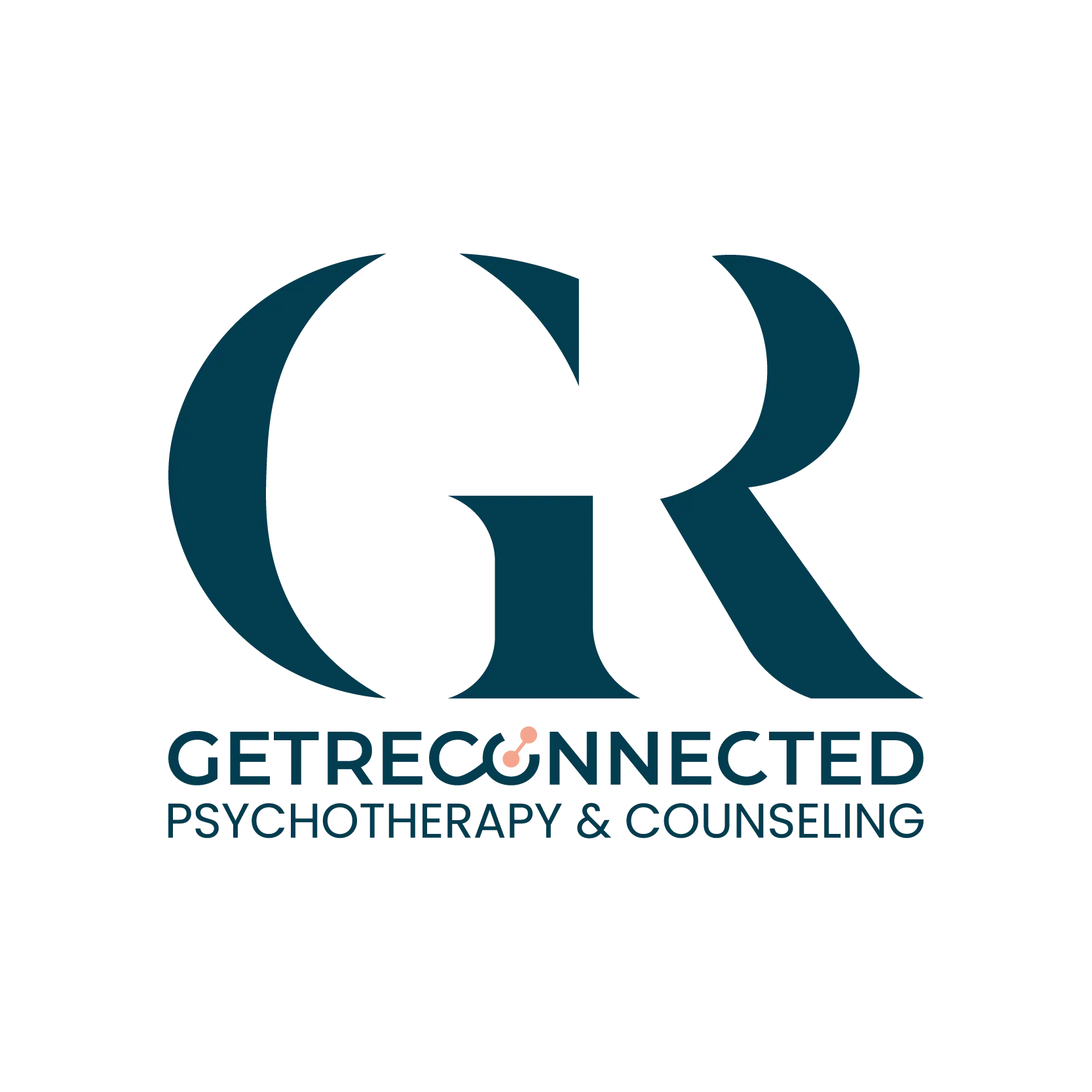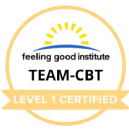Psychotherapy Treatment for Eating Disorders
What It Feels Like to Have an Eating Disorder
Living with an eating disorder often feels like you’re trapped in a cycle that you can’t break free from.
Your mind is constantly filled with thoughts about food—what you should eat, what you shouldn’t eat, how much you’ve eaten, or how much you haven’t. It can feel like no matter what you do, you’re never satisfied.
You may look in the mirror and feel disconnected from what you see, always thinking you’re not enough, no matter how much you try to control your eating or your weight.
The guilt and shame that follow a binge or the anxiety that comes with eating a meal can feel overwhelming. You might feel powerless, as though food has taken control of your life, and you don’t know how to get it back.
Even when you’re with others, it can feel like you’re completely alone, because no one seems to understand the battle you’re constantly fighting inside your head.
Maybe you’ve pushed your body too far, trying to “make up” for eating through excessive exercise or fasting. Or perhaps you’ve turned to food for comfort in moments of stress or sadness, only to be left feeling worse afterward.
Signs You May Be Struggling with an Eating Disorder
- Constant preoccupation with food or weight: You may find that thoughts about eating, food, or body image dominate your daily life.
- Restrictive eating habits: You may limit the amount or types of food you eat, resulting in significant weight loss or malnutrition.
- Binge eating: You may feel a loss of control and eat large amounts of food in a short time, followed by feelings of guilt or shame.
- Compulsive exercise: You might feel compelled to exercise excessively to “make up for” eating, even when you’re physically exhausted.
- Body dissatisfaction: You may struggle with an intense dissatisfaction with your body, no matter what you weigh or how you look.
- Emotional distress tied to eating: Eating or thinking about food might cause feelings of anxiety, shame, or depression.
Types of Eating Disorders
Anorexia Nervosa
- Description: Individuals with anorexia nervosa have an intense fear of gaining weight and a distorted body image, leading them to eat very little and engage in excessive exercise. They often see themselves as overweight even when they are underweight.
- Symptoms: Extreme weight loss, restricted food intake, excessive exercise, preoccupation with food and weight, denial of the seriousness of low body weight.
Bulimia Nervosa
- Description: Bulimia nervosa involves cycles of binge eating followed by compensatory behaviours to prevent weight gain, such as vomiting, excessive exercise, or misuse of laxatives or diuretics.
- Symptoms: Episodes of eating large amounts of food in a short period, followed by purging, feelings of loss of control during binges, and secrecy about eating habits.
Binge Eating Disorder
- Description: Binge-eating disorder is characterized by recurring episodes of eating large quantities of food, often quickly and to the point of discomfort, without the regular use of compensatory behaviors like purging.
- Symptoms: Frequent episodes of eating excessive amounts of food, eating rapidly, feeling uncomfortably full, eating when not hungry, and experiencing distress or guilt about eating habits.
Avoidant/Restrictive Food Intake Disorder (ARFID)
- Description: ARFID involves a persistent lack of interest in eating or an aversion to certain foods, leading to significant nutritional deficiencies and weight loss. Unlike anorexia, it is not driven by body image concerns.
- Symptoms: Severe restriction of food intake, extreme picky eating, aversion to certain textures or colours of food, and significant weight loss or failure to gain weight.
How Therapy Can Help
- Develop a healthier relationship with food: Therapy can help you reframe your thoughts about food and your body, shifting away from harmful habits.
- Identify emotional triggers: Discover how emotions like stress, sadness, or anxiety may be influencing your eating behaviours.
- Improve self-esteem and body image: We’ll work together to challenge negative self-talk and build a more compassionate view of yourself.
- Learn coping mechanisms: Therapy will provide you with healthier ways to cope with difficult emotions, reducing the urge to engage in restrictive eating or binge eating.
- Work on relationships: If your relationships have been affected by your eating disorder, we can help you repair and strengthen those connections.
Get Started Today
Our Therapist






